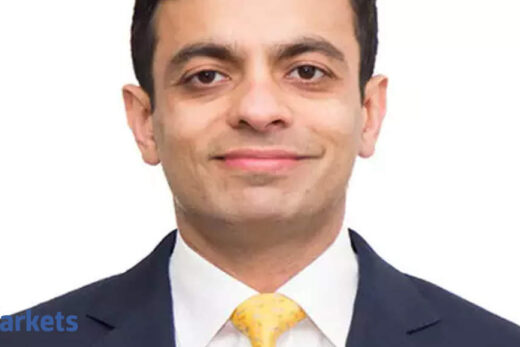However, according to the sources, lenders cannot proceed with the resolution process due to a coercive stay obtained by the Shapoorji Pallonji (SP) Group from Delhi High Court against RHFL in November 2019.
As per the stay obtained by SP Group, RHFL is prohibited from disposing, alienating, encumbering either directly or indirectly or otherwise part with the possession of any its assets, thus directly impacting the ongoing debt resolution.
According to a senior banker involved in the resolution process, it is imperative for the lenders of RHFL to settle the issue with SP Group for the successful closure of the ongoing resolution plan.
The banker further added that they hope to finalise the successful bidder for RHFL’s assets in the next couple of weeks. Thus, it becomes more important now to resolve this impediment at the earliest.
A person, who wished not to be named, said that as the matter is sub-judice, Shapoorji Pallonji Group would be unable to comment on the same.
The resolution process, being managed by BOB Capital Markets (BOB Caps) and Ernst & Young (EY), has got four binding bids to the lenders.
Of these four bidders, ACRE and Authum Investments have been for all the assets of the company. The other two bids, from Capri Global and Avenue-Arcil, are for buying only the retail assets of the company.
According to the sources, these bids are seen to be attractive to the lenders as the bid values have crossed the fair value as determined by two independent valuers appointed by them.
The SP Group is a secured lender with just Rs 200 crore of exposure out of total debt of Rs 11,200 crore, which is less than 1.8 per cent of the total debt of RHFL.
Separately, the same group of banks is considering debt resolution under a one-time restructuring (OTR) of the SP Group with over Rs 30,000 crore of debt.
In August this year, lenders led by Bank of Baroda had invited expressions of interest for the assets of RHFL and Reliance Commercial Finance, both arms of Reliance Capital.
The retail disbursements of Reliance Home Finance had plunged amid tightening liquidity following the collapse of IL&FS in 2018 and significant debt repayments during the September 2018 to February 2019 period.



